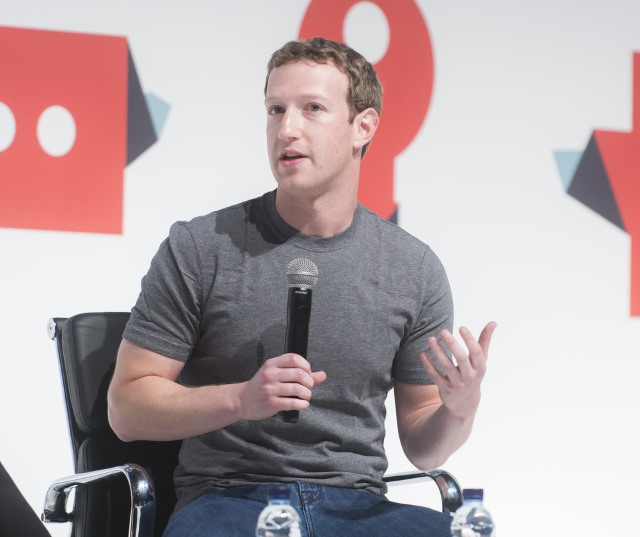
Zuckerberg: we have a moral responsibility to those without internet access (and to kill game invites)
Facebook's Mark Zuckerberg took part in a Q&A session at the Indian Institute of Technology in Dehli, responding to queries ranging from the Internet.org project to Candy Crush notifications. Not for the first time, he found himself jumping to the defence of the program which aims to connect millions of people to the internet. He denied that the walled-garden of Internet.org went against the idea of net neutrality, but conceded that people had to "follow the basic rules of what Internet.org is".
He pointed out that existing net neutrality laws made exceptions for free services, but these loopholes have been described by critics as 'fatal'. In a wide-ranging talk, Zuckerberg also announced plans to kill one of the biggest irritants of the social network -- game invites for the likes of FarmVille and Candy Crush.
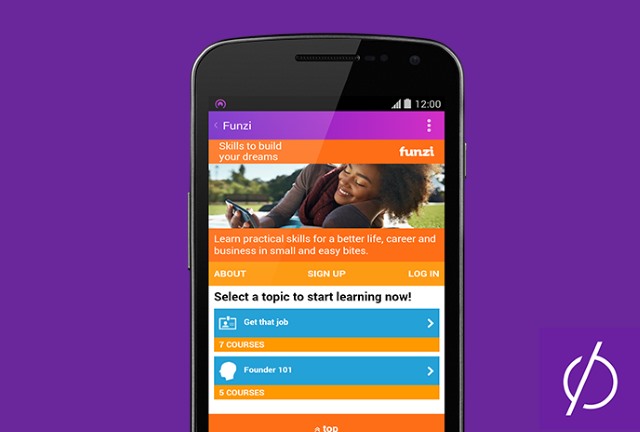
Internet.org app is dead, Free Basics from Facebook rises from the ashes
The Internet.org project from Facebook has not been without controversy. Created with the aim of getting everyone in the world online, the program has been widely criticized and many partners pulled out. Now a rebranding has been unveiled for the mobile app and website.
With the launch of the Internet.org Platform, Facebook has taken the opportunity to rename the portal through which people can access a range of free services. Changing the name to Free Basics by Facebook is described as a way "to better distinguish the Internet.org initiative from the programs and services we’re providing", but it's hard not to think that it is also an attempt to move away from the controversy of Internet.org, and it comes ahead of serious push into India.
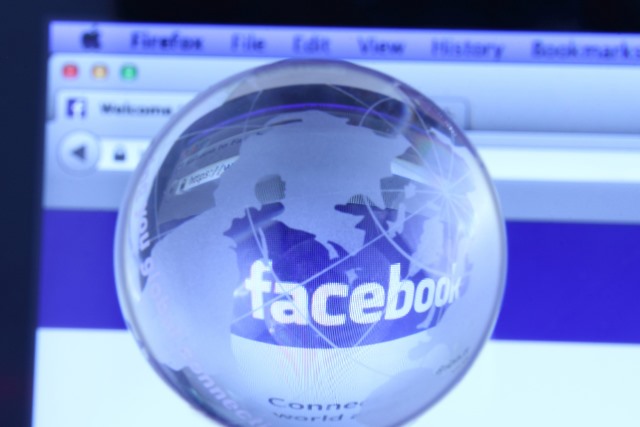
One year on, Internet.org gives a billion people internet access
Mark Zuckerberg's Internet.org has come in for quite a lot of criticism since it launched. Designed to help get the entire world online, it has been argued that the program is in opposition to the idea of net neutrality and many of its backers have pulled out or complained about things since it kicked off.
But in many regards none of this matters -- it is the numbers that are important. Twelve months after the launch of Internet.org, more than a billion people have been connected to the internet free of charge. Moving into year two, the next part of the operation involves scaling things up.
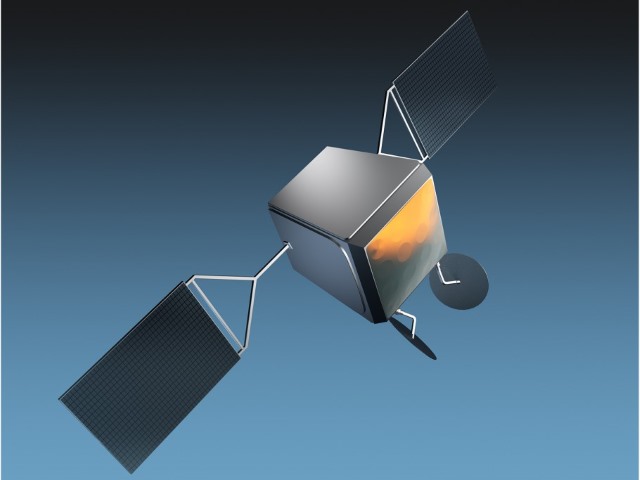
Airbus to build 900 satellites for OneWeb to connect the world to the internet
For some companies, bringing the internet to the entire world is an important part of giving people greater opportunities. Mark Zuckerberg has been pedalling Internet.org for some time now -- even if a lot of people don’t like the scheme -- and now there's a new kid on the block.
Airbus is due to start building more than 900 satellites for OneWeb, a company looking to bring highspeed internet access to billions of people all over the world. The aim is to offer 100 percent coverage of the globe, and there is a great focus on speed. Airbus is hoping to build more than one satellite per day and launch the first batch in 2018.
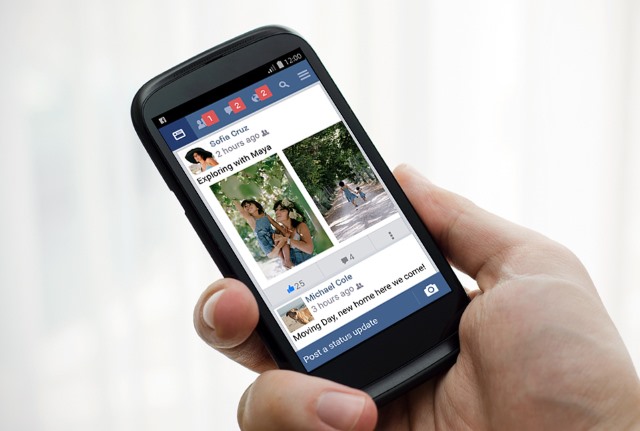
Facebook Lite gives a social fix without eating mobile data
With its Internet.org project, Facebook is trying to not only spread into new parts of the world by bringing the internet to places where it is not currently available. With a focus on minimal data usage to help keep down costs, it was only a matter of time before a stripped down version of the Facebook app appeared.
Today is the day that Facebook Lite arrives. As the name suggests, this is a data-light version of the familiar Facebook app, and it starts its life on Android devices. It is designed with developing markets in mind, and today it starts the rollout process in Asia before it spreads further around the globe.

Facebook launches Internet.org Platform and opens up to more developers
The aim behind Facebook's Internet.org program is to bring internet access to the wider world. While an undeniably praise-worthy venture, it came in for criticism for going against the principles of net neutrality.
Today the company launches the Internet.org Platform with a view to countering this criticism. The platform opens up Internet.org to more developers, giving them the chance to bring "free basic services" to people around the world. There's also the promise of greater transparency.
